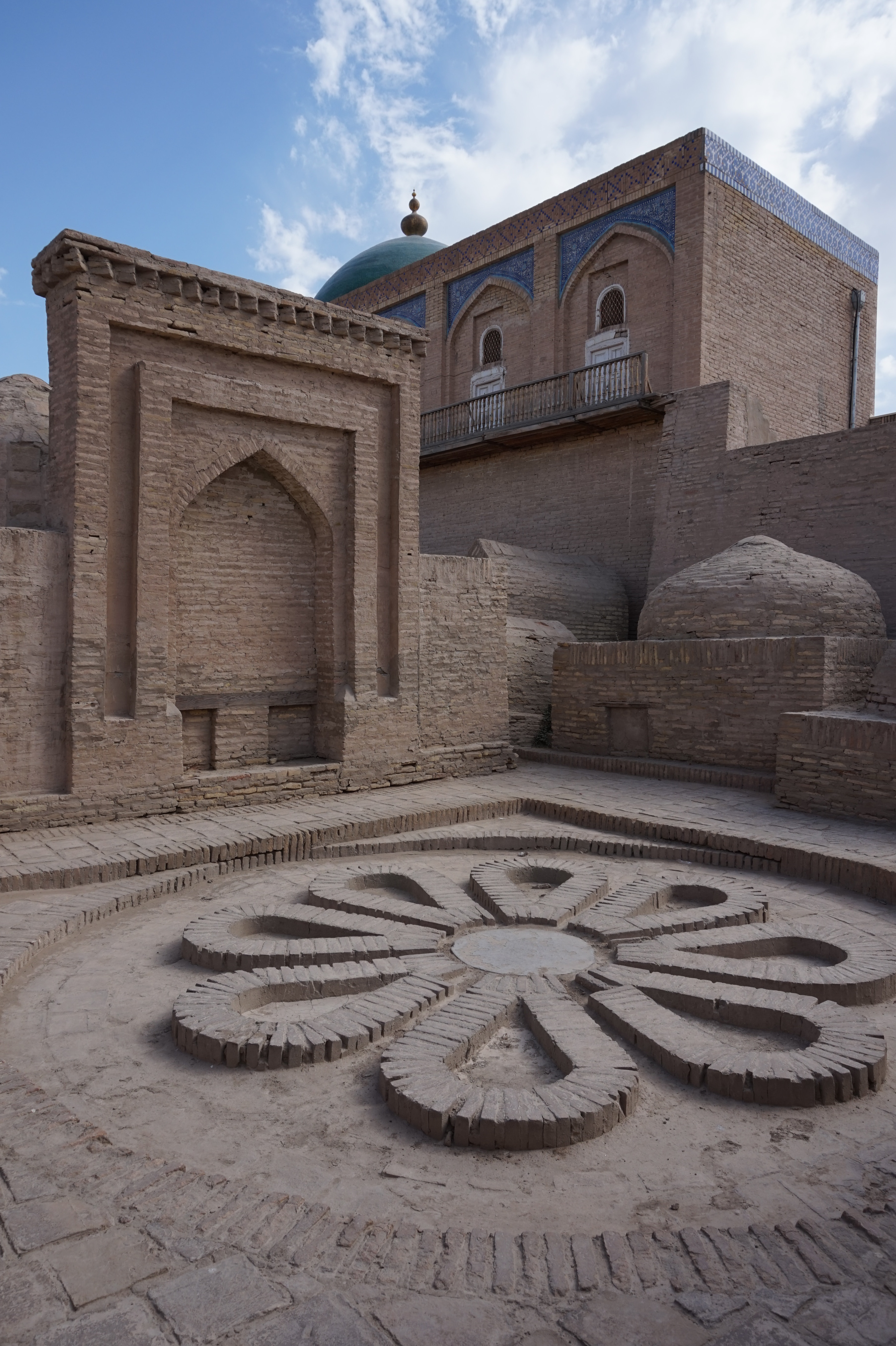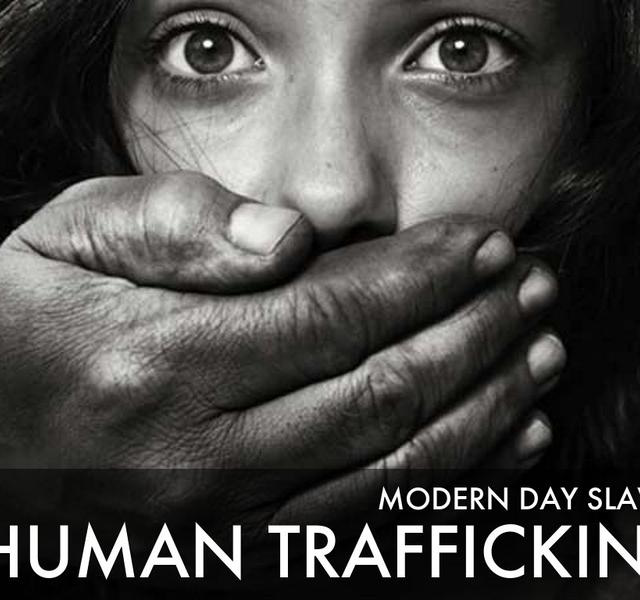Photo by Vladimir Fedotov on Unsplash
The events of the past 48 hours and the Iranian missile strikes on U.S. bases in Qatar, Iraq, and Syria should be seen not just as a regional flare-up, but as part of a broader and more worrying geopolitical pattern: the increasing military-strategic cooperation between Russia and Iran. This is no longer a theory discussed only in policy circles. It is now an observable fact – and one that Europe can no longer afford to ignore.
The timing is no coincidence. On June 22, Iranian Foreign Minister Abbas Araghchi held talks in Moscow with Sergey Lavrov. Within hours, American military sites in the Gulf and in Syria were subject to coordinated attacks. This is choreography. It reflects a high level of planning, trust, and coordination between two regimes whose common goal is to weaken Western unity, credibility, and strategic influence.
Let us be clear: Russia is no longer merely supporting Iran. It is actively enabling and, increasingly, directing Tehran’s actions. Just as it uses Iranian drones to strike Ukrainian cities, it now appears to be using Iran’s regional military reach to target U.S. interests and, by extension, the transatlantic alliance.
Worse still, on the very day of the Moscow meeting, former Russian president Dmitry Medvedev publicly raised the spectre of nuclear proliferation hinting at the potential transfer of nuclear capabilities to Tehran. This is not the language of diplomacy; it is the language of blackmail. A nuclear-armed Iran, backed by Russian strategic cover, would mark a seismic shift in the global security order – and a direct threat to European and NATO security.
Some will argue that these are regional issues, the domain of the United States or Middle Eastern powers. They are mistaken. This is a European concern. Because if Russia succeeds in diverting attention, dispersing allied capacity, and opening new fronts beyond Ukraine, the consequences will inevitably be felt on our own borders. The Kremlin’s strategy is one of saturation: create so many parallel crises in Ukraine, the Middle East and possibly Taiwan, that Western resolve fractures under pressure.
That strategy works well. While Ukraine keeps resisting and NATO remains focused, signs of disagreement within the international consensus are starting to emerge. Moscow and Tehran are counting on this exhaustion. They are systematically testing us.
The facts are clear. As reported by The Washington Post, Russian military technology is being transferred to Iran, including missile components for medium-range systems. According to Fars News and Mehr News, Iranian military operations across the region are increasingly preceded by visits to or communication with Moscow. The strategy is clear: Russia designs; Iran delivers.
This is a dangerous development. For too long, the West has viewed Russia’s foreign policy through the lens of Ukraine. But today, it has become obvious that Ukraine is not the exception but the focal point of a global confrontation strategy. Syria, Iraq, and now Qatar are not mere distractions, they are extensions of the same conflict.
So, what action should Europe take?
First, we must recognise the nature of the threat. This is not business as usual. This is not Cold War nostalgia. This is 21st-century conflict in hybrid form – combining military proxies, energy blackmail, nuclear threats, and diplomatic subversion.
Second, the EU and its allies must adjust sanctions policy to reflect not only Russia’s aggression in Ukraine but also its role in facilitating Iranian regional hostility. Technology transfers, joint military projects, and high-level coordination should be met with targeted, enforceable consequences.
Third, Europe must demand accountability. Russia cannot sit on the UN Security Council while coordinating with regimes that fire rockets at NATO partner facilities. This contradiction undermines the credibility of global institutions and weakens our own deterrence.
Finally, we must resist fatigue. We are not at the end of a conflict cycle; we are in the middle of a far longer struggle for the shape of the international order. Strategic patience, resilience, and coordination will determine whether we succeed or disintegrate under pressure.
History will ask whether Europe recognised the threat and whether it chose to intervene or turn away. The opportunity to act decisively is slipping away. Let us not wait until the next missile lands closer to home.




